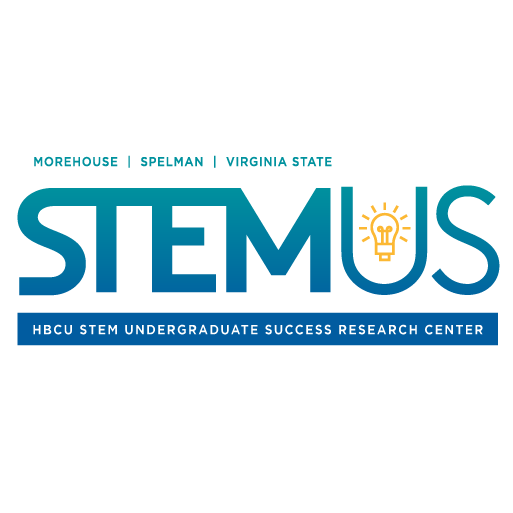education
The HBCU STEM Undergraduate Success Research Center will create a robust, evidence-based, education culture that seeks to train and engage STEM professionals and students in the science of broadening participation research. There are four, evidenced-based, branches of the center’s educational component: 1) a program for educating emerging researchers (PEER); 2) faculty development in broadening participation research; 3) education and training of institutional effectiveness professionals in theory, such as PVEST; and 4) education of the greater community and public about the excellence and legacy of STEM programming at HBCUs. This wide-ranging strategy includes the integration of education with research, knowledge transfer, and outreach. The curricular objectives are outlined below, for each education branch of the center.

Student Development

Program for Educating Emerging Researchers (PEER) is modeled after best practices and designed to increase the STEM workforce by developing emerging STEM researchers from students at HBCUs. The center will educate undergraduate, post- baccalaureate, graduate, and post-doctoral fellows who are enrolled in STEM, psychology and education fields in the science of broadening participation research. Specifically, a cohort of students (undergraduate, post-baccalaureate, graduate) will be recruited each year, and be awarded fellowships to participate in the program.
Faculty Development
The STEM US Center will conduct ongoing webinars and meetings to train faculty in new pedagogies, proposal writing and assessment methods. In addition, webinars will be used to coordinate the activities of faculty members involved in convergence research with the 25 HBCUs, as well as scaling of CUREs, scientific literacy and Project Knowledge. Faculty development will also occur in the 2-day STEM US workshop-based conference. The Analytic HUB will educate faculty partners using the translated PVEST materials. Translated PVEST materials will also be promoted for training purposes in the Center’s Knowledge Transfer and Outreach activities.
